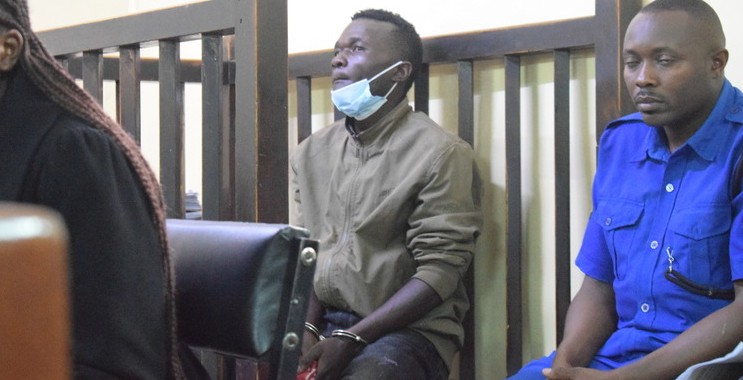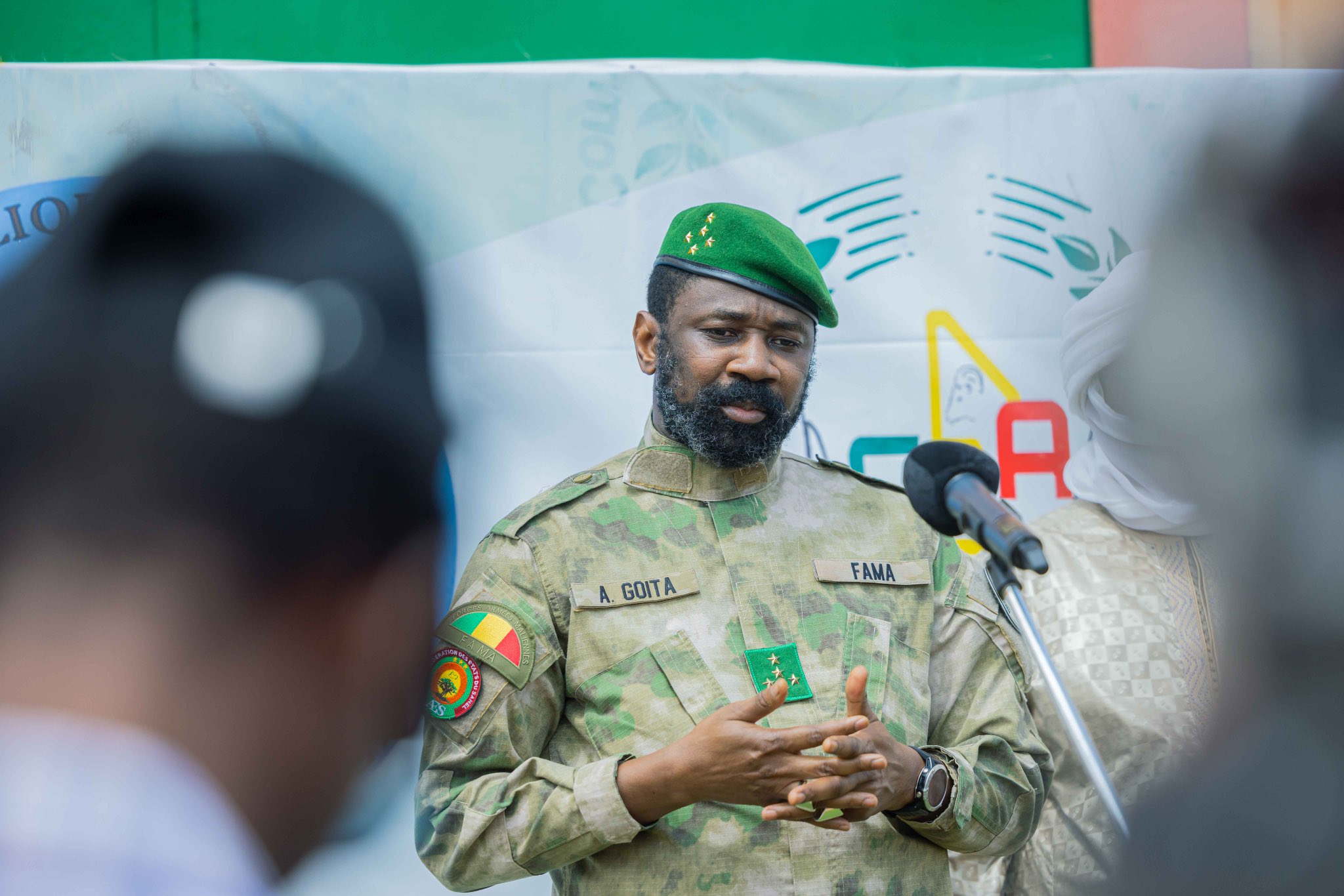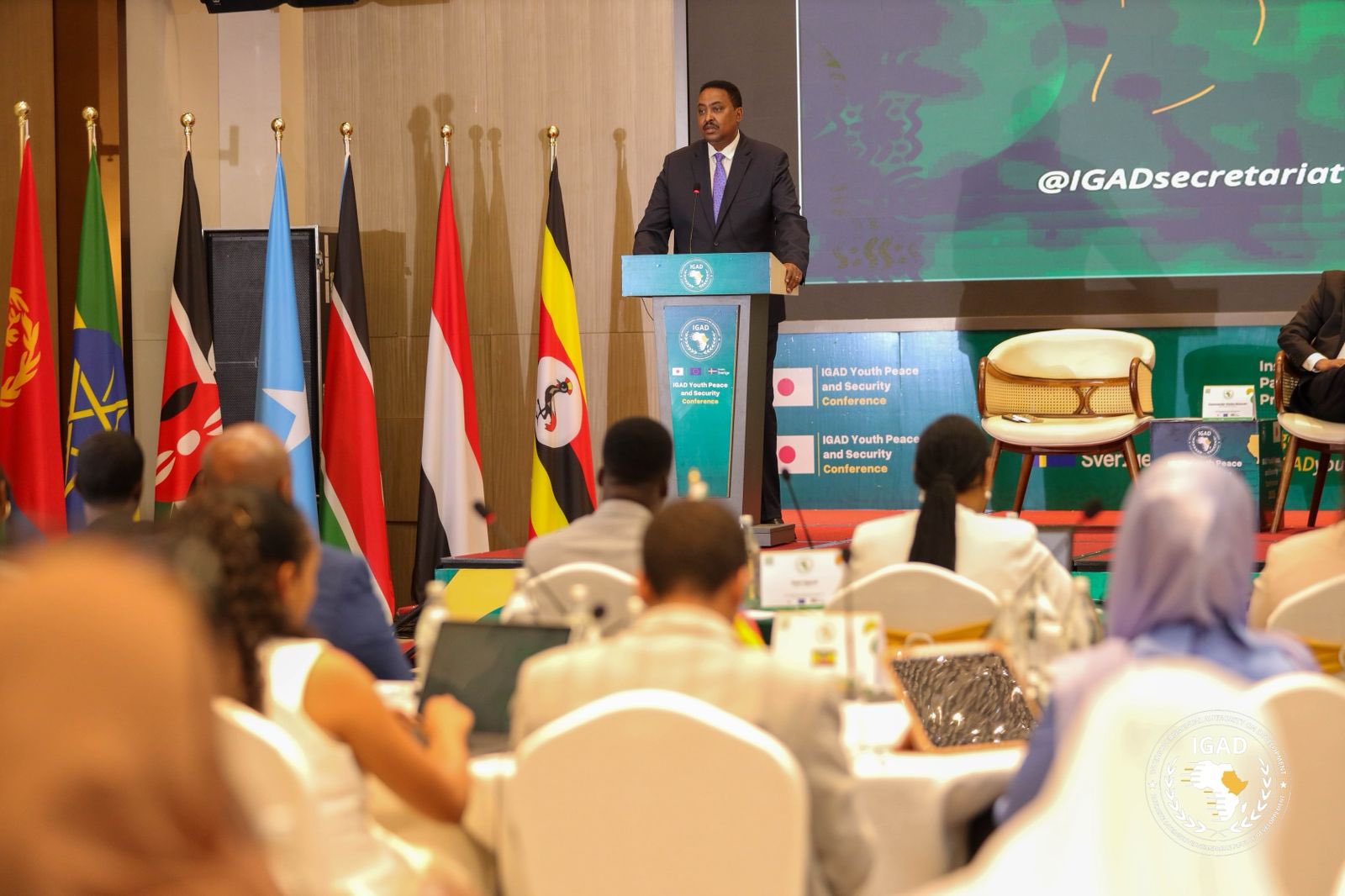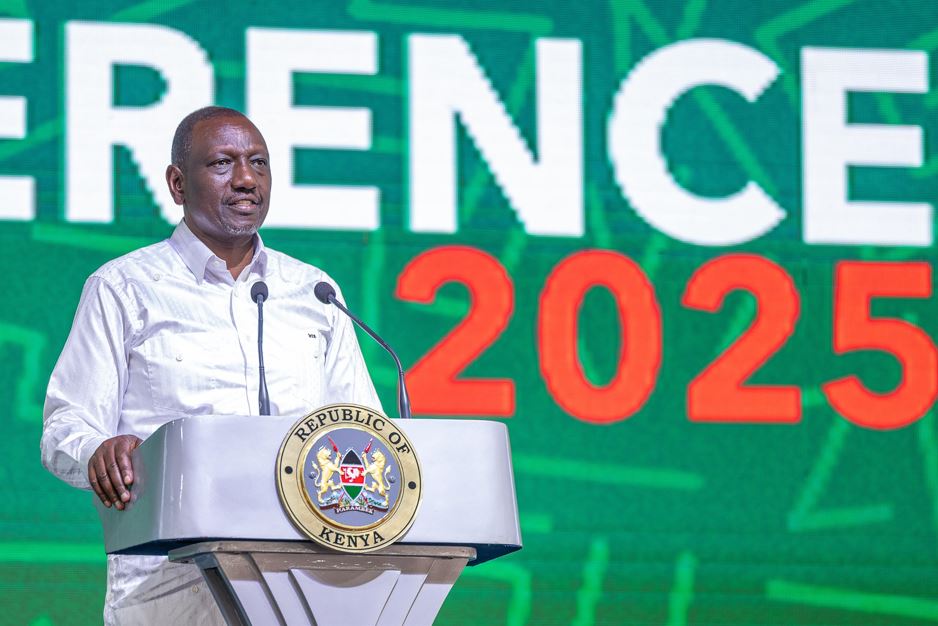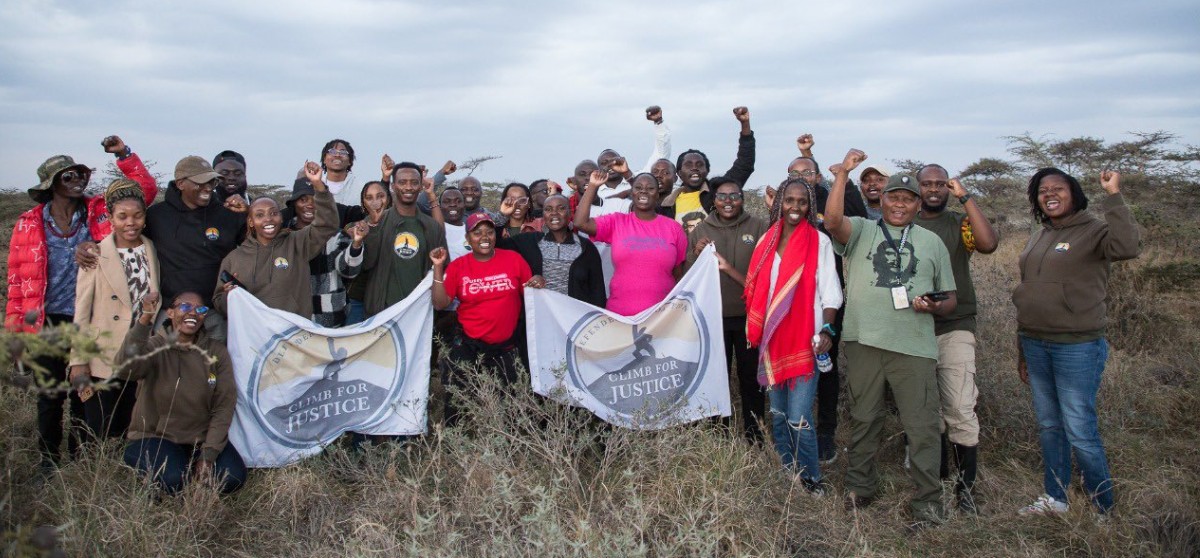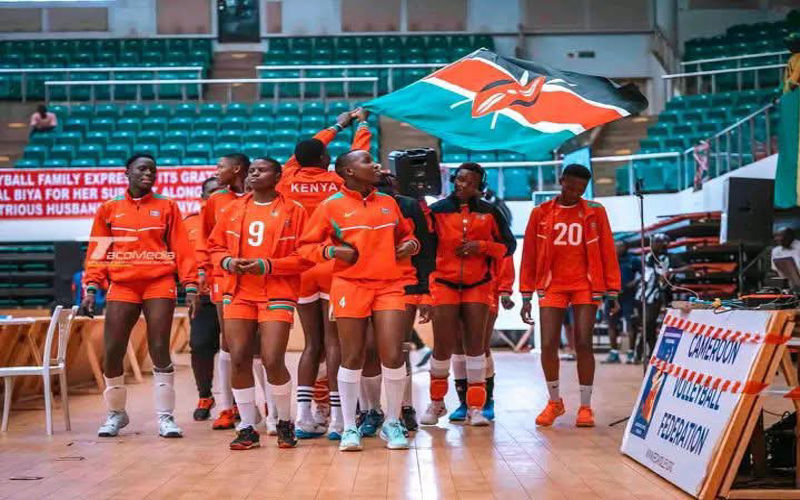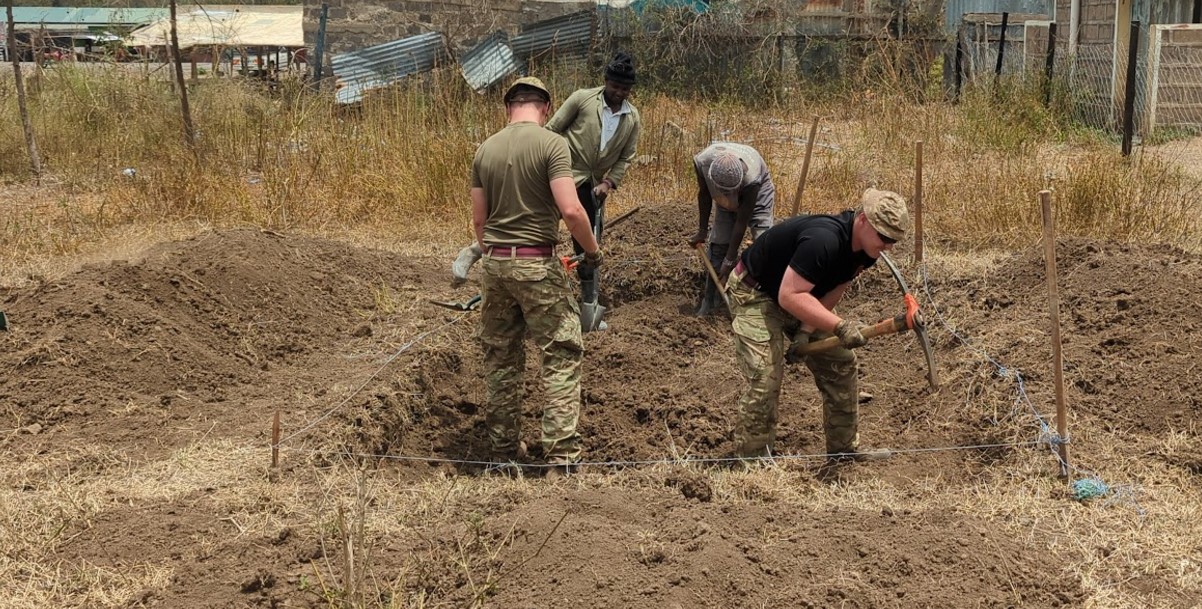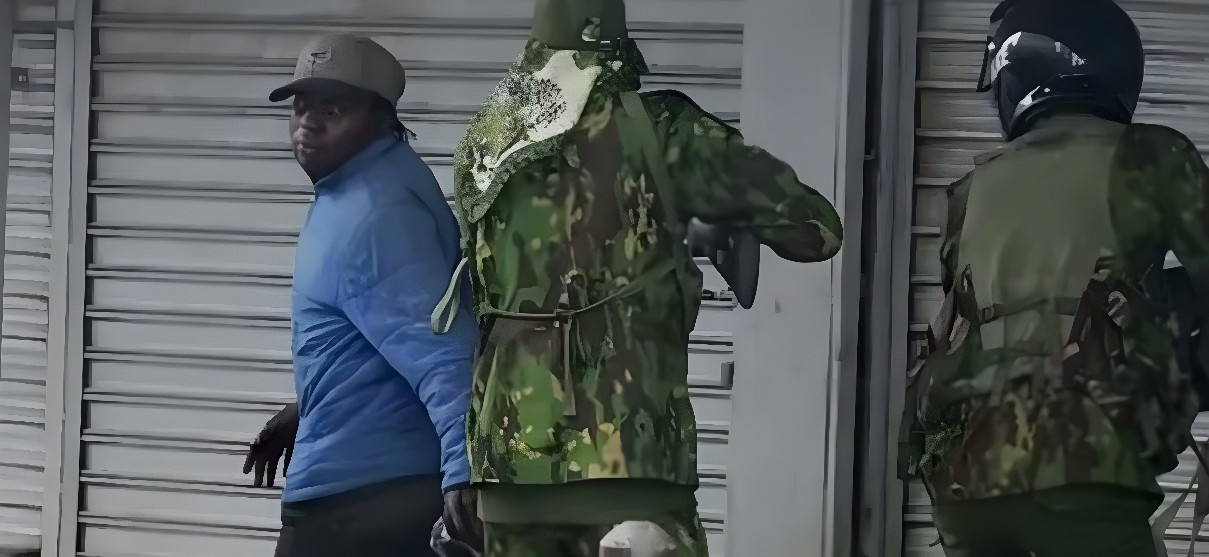Uganda’s NUP moves to court to block civilians being tried in military courts
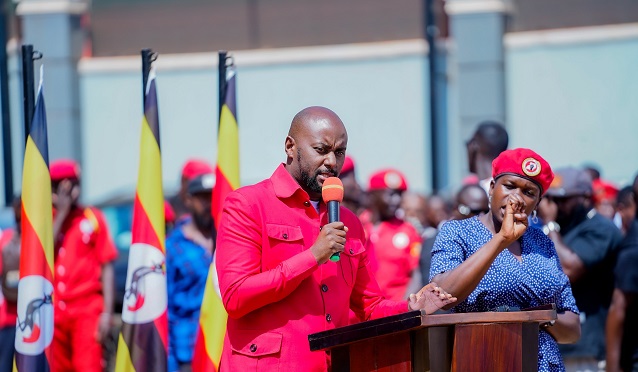
In his affidavit, NUP Secretary General David Lewis Rubongoya argued that Parliament rushed the law and reinstated provisions that the Supreme Court had already declared unconstitutional in January 2025.
Uganda's National Unity Platform (NUP) has moved to the country's Constitutional Court seeking to nullify provisions in the June-enacted Uganda People's Defence Forces (UPDF) law that allow civilians to be tried in military courts.
In his affidavit, NUP Secretary General David Lewis Rubongoya argued that Parliament rushed the law and reinstated provisions that the Supreme Court had already declared unconstitutional in January 2025.
More To Read
- 20-year-old student announces bid to unseat Museveni in 2026
- Ugandan opposition leader Kizza Besigye denied bail as treason trial drags on
- Uganda to host two million refugees by end of 2025 due to escalating crises - UN
- Ugandan, South Sudanese military leaders hold talks amid border dispute
- Border tensions flare as Uganda and South Sudan trade blame over deadly clash
- South Sudan declares Kenya-led Tumaini Peace Initiative 'dead'
During the high-profile Supreme Court ruling, Chief Justice Alfonse Owiny-Dollo decreed that it is unconstitutional for civilians to be tried in military courts since they are controlled by the High Command and cannot give fair and independent trials as required by the Constitution.
He similarly ordered all cases against civilians in military courts to cease immediately and be transferred to regular courts.
"This law is a direct affront to constitutionalism, judicial authority and the rights of Ugandans," the NUP Secretary General said in his affidavit, according to The Monitor.
"It is designed to entrench political persecution and normalise the trial of civilians in military courts."
The petition also challenges Section 117A of the UPDF Act, which allows the General Court Martial to try civilians for any crime.
NUP also opposes provisions that let the High Command handpick military court members for short-term contracts and create a Military Courts Department under the Court Martial chairperson.
According to the NUP Secretary General, the changes threaten the independence of the courts, reduce the powers of the Directorate of Public Prosecutions and make military trials of civilians unfair.
"In October 2024, seventeen of our supporters pleaded guilty under duress after nearly four years in detention. They were later pardoned by the President, an admission of the miscarriage of justice," he said.
Uganda's Attorney General, Parliament Speaker Anita Among and Defence Minister Jacob Oboth Oboth have been named as respondents.
The petition also maintains that Speaker Among fast-tracked unconstitutional sections of the law through Parliament, while Defence Minister Oboth defended its flaws.
It similarly called out the Ugandan government for giving MPs 24 hours to review the 150-page bill, limiting critical debate time.
The party now wants the court to declare the disputed sections of the law unconstitutional and to bar civilians from being tried in military courts.
The respondents have been given seven days to respond.
Top Stories Today
